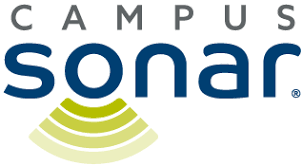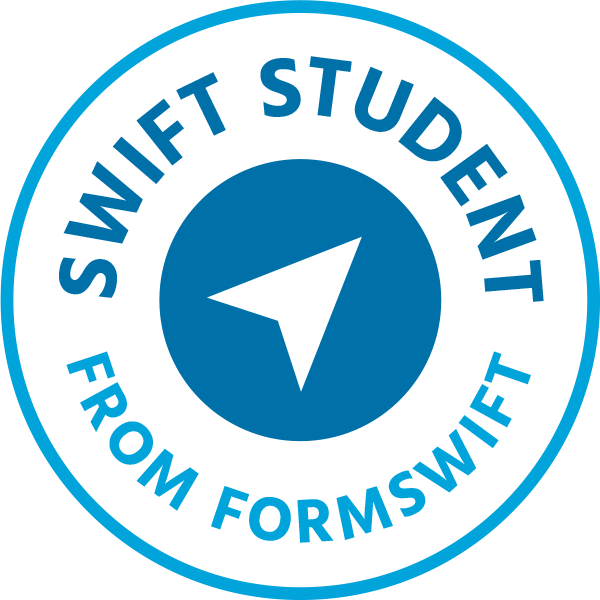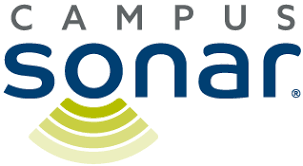Past Webinars
Past Webinars
Recordings of past webinars, plus related SREB resources on these education topics
Make Education and Training Programs More Tech Savvy and Flexible
Bouncing Back From COVID-19 Using Education and Workforce Dollars
View webinar recording
In the fifth webinar in the Bouncing Back from COVID-19 Using Education and Workforce Dollars series, SREB presenters shared strategies for readying workers to succeed in workplaces that are increasingly technology dependent. They also discussed how education and training programs can leverage technology and flexible formats so they can maintain programs when traditional formats are not practical.
Help Businesses Prepare Workers to Fill Critical Positions
Bouncing Back From COVID-19 Using Education and Workforce Dollars
View webinar recording
In the fourth webinar in the Bouncing Back From Covid Using Education and Workforce Dollars series, SREB presenters discussed how state leaders can help businesses upskill new and longer-term employees to fill positions critical to the state’s economic recovery. SREB also spotlighted how states can address issues of equity and braid multiple funding sources to support this work. Leaders in Indiana shared their exemplary efforts in this area.
Help Students Earn Credentials to Fill Critical Jobs
Bouncing Back From COVID-19 Using Education and Workforce Dollars
View webinar recording
The third webinar in the Bouncing Back From Covid Using Education and Workforce Dollars series covers strategies to help students gain postsecondary knowledge and skills to fill jobs critical to the state’s economic recovery. SREB presenters explored strategies for strengthening dual enrollment programs and helping new graduates maintain their educational momentum even when families struggle to afford tuition.
Help Low-Skilled Adults Earn Credentials for Critical Jobs
Bouncing Back From COVID-19 Using Education and Workforce Dollars
View webinar recording
The second webinar in the Bouncing Back From Covid Using Education and Workforce Dollars series explores how states can help workers with low skills earn the credentials they need to secure and succeed at jobs critical to the state’s economic recovery. SREB presenters discussed strategies for targeting grants to individuals and postsecondary institutions and for addressing issues of equity.
Gauge Workforce Frequently, Prioritize Action Together
Bouncing Back From COVID-19 Using Education and Workforce Dollars
View webinar recording
Presenters made the case for analyzing data in rapid cycles to identify actions to spark workforce improvements and keep an eye on equity. The webinar covered partners to engage, including industry-sector partnerships, and spotlights how states can braid multiple federal and state funding sources for the work.
One In Five:
The Student Parent Experience and its Impact on College Success
View the Recording
One in five college students today is a parent, and yet they remain a largely invisible population. The vast majority of institutions do not track parenting status and therefore do not know how many student parents they have at any given time. Postsecondary success for these students is critical and far-reaching: when a student parent earns their degree, it has ripple effects that span two generations, impacting the parent’s employment opportunities and lifetime earnings potential, along with their child’s chances for achieving academic and career success.
College Admissions: Supporting Low-Income Students
The New NACAC Deposit Fee Waiver Form and Other Useful Resources
VIEW THE SLIDE DECK
Social distancing in response to the coronavirus crisis has caused the loss of students’ and their families’ employment and changes to financial situations. In this webinar, Andrew Moe, director of admissions at Swarthmore, provided an overview of access issues in the admissions process as well as the many other micro-barriers students from low-income backgrounds face when applying to college.
Improving Elementary Science
Equipping Students Through Inquiry and Integration
View the webinar recording
In the drive to improve reading and math achievement, science in elementary school has sometimes fallen by the wayside. This webinar reviewed how schools can improve science instruction to give young students a strong foundation for learning and critical thinking and a base for building in-demand STEM skills. The presentation covered solutions such as increasing classroom time for science, integrating science with other disciplines and preparing teachers to understand and teach scientific concepts.
Trends in College Affordability by Income
SREB State Affordability Profiles
View the webinar recording
At a time when state economies are demanding a workforce with higher levels of education, the rising cost of college remains a barrier to college enrollment and degree completion for many students in southern states, particularly for those in lower income groups. This webinar explored the affordability of postsecondary education for families at various income levels as detailed in the recently released SREB state affordability profiles.
The New SwiftStudent Tool
Help for Guiding Students Through Financial Aid Appeals
View webinar recording
The sudden onset and rapid spread of the coronavirus has caused many sudden changes to student and family finances. At the same time, students may not have the same level access to counselors and advisers that they did prior to social distancing. Yet research shows that students and their families know very little about their right to appeal financial aid awards as well as the process for doing so.
The Students Are Not All Right
Using the Science of Social Listening to Understand and Meet Students' Needs
View the webinar recording
 The global COVID-19 pandemic hit
campuses across the country in the blink of an eye. In rapid
succession, campuses closed, courses moved online, and our
lives—personally and professionally—were permanently altered.
The global COVID-19 pandemic hit
campuses across the country in the blink of an eye. In rapid
succession, campuses closed, courses moved online, and our
lives—personally and professionally—were permanently altered.
Advice from North Carolina Virtual School Leaders
Handling Extended School Closures
View webinar recording
As states across the country manage the COVID-19 global pandemic, districts and schools have been forced to rethink teaching and learning methods as they have moved to digital learning and online platforms. In this webinar, state virtual school leaders in North Carolina shared resources that could be useful in other states and districts.
Advice from Georgia Virtual School Leaders
Handling Extended School Closures
View webinar recording
As states across the country manage the COVID-19 global pandemic, districts and schools have been forced to rethink teaching and learning methods as they have moved to digital learning and online platforms. In this webinar, state virtual school leaders in Georgia shared resources that could be useful in other states and districts as they grapple with extended school closures.
What Admissions Professionals Want You to Know
Advice for School Counselors and Access Advisers During COVID-19
View webinar recording
The sudden onset and rapid spread of the coronavirus has caused many unforeseen consequences in (and rapid changes to) the college admissions process. In this webinar, Rick Clark, director of admissions at Georgia Tech and nationally-known author, shared the most up-to-date information that school counselors need to know about virtual interviews and campus visits, May deposit deadlines, incomplete high school transcripts, entrance exam testing, financial aid appeals and more.
Webinar Follow-Up: School Counseling From a Distance
Supporting Students During COVID-19
View the Webinar Recording
 This webinar, hosted by SREB in
partnership with Common Application Inc. (Common App), built on
the previous webinar of the same name on how to provide school
counseling services virtually. In this webinar, a panel of
leading experts in school counseling shared their insights
on how they are supporting students’ academic, college/career,
and social-emotional needs when schools are closed or have moved
to online instruction.
This webinar, hosted by SREB in
partnership with Common Application Inc. (Common App), built on
the previous webinar of the same name on how to provide school
counseling services virtually. In this webinar, a panel of
leading experts in school counseling shared their insights
on how they are supporting students’ academic, college/career,
and social-emotional needs when schools are closed or have moved
to online instruction.
School Counseling From a Distance
Supporting Our Students During COVID-19
View webinar recording
In this webinar, Brian Coleman of Chicago Public Schools and 2019 ASCA School Counselor of the Year, shared his insights on how to support students’ academic, college/career, and social-emotional needs when schools are closed or have moved to online instruction. Brian stressed the importance of having a strategy first before diving in. Important things to consider are the legal and ethical issues involved, school district policies, and what technology tools your students have access to.
Moving Upward and Onward
Income Mobility at Historically Black Colleges and Universities
View webinar recording >
Presenters from American Institutes of Research and Rutgers University discussed the value of historically black colleges and universities to both students and to the field of postsecondary education. Presenters provided an overview of their research on how predominantly white institutions and HBCUs impact graduates’ economic mobility.
Using Data to Improve Teacher Preparation
Panelists from several states share their insights about how outcomes data and formative evidence collected during clinical experiences can improve teacher preparation. The SREB Teacher Preparation Commission recommended policymakers implement statewide data systems that prompt program leaders to transform practice.
Social Listening: Using Social Media Analytics in Research
View the webinar recording
Social listening a very inexpensive and quick way to conduct market research. It is a great tool for conducting qualitative research to better understand the students that college access programs are trying to serve in order to better design interventions and support programs that will need students’ needs.
Rethinking State Teacher Licensure Requirements
This webinar explored how measures other than licensure exams — observations, surveys, interviews or portfolios, for example — can round out how states assess the readiness of teacher candidates. Also: how North Carolina is forging ahead to transform its licensure requirements.










